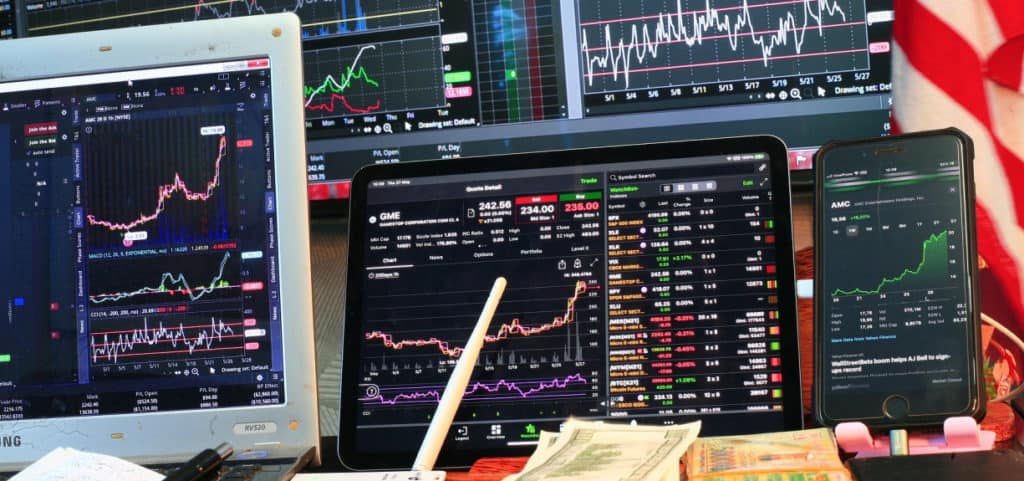Last week saw the Federal Reserve raise rates by 75 basis points. A move that was widely expected yet remains to be the latest instalment in the fastest set of rate hikes by the Fed in recent times, writes Ian Slattery.

Ian Slattery, Investment Communications, Zurich Life
More significant, perhaps, than the rate hike itself was Fed Chairman Jerome Powell’s notably hawkish comments in the subsequent press conference. Powell insisted that the prospect of a pause in rate hikes was premature, and markets responded befittingly. US equities fell by over 3% in response, with growth orientated sectors such as tech suffering most.
The US jobs report for October was also released last Friday, a major indicator of economic health and potential Fed policy. The report showed a slight increase in unemployment of 3.7% up from 3.5%, however wage gains which are a significant sign of inflation rose by 0.4%, exceeding expectations of 0.3%. The report also showed that jobs increased by 261,000, above expectations of 200,000.
While these results are positive for economic prospects, they suggest more work is to be done in terms of controlling inflation, with the labour market showing little signs of cooling.
US equities ended the week down -2.8%, their biggest fall since September, many investors however still hold a view that tightening may begin to slow in the medium term.
The Bank of England also raised rates last week, increasing interest rates by 75bps to 3%, its largest rate rises since 1989 with the BoE forecasting inflation to reach a 40 year high of 11% this quarter.
Elsewhere European stocks have been making decent gains over the past three weeks, the longest sustained period of growth this year. Contributing to this has been Eurozone companies who trade overseas and benefit from a weaker euro, while last week saw investors in Europe turn their attention towards China as there are prospects that China will relax its Zero-Covid policy and reopen its economy.
European equities finished the week up 1.3%. However, many economists remain downbeat on the Eurozone’s prospects entering winter
Equities
Global stocks were down last week by -1.7% in euro terms and -1.6% In local terms. Year-to-date global markets are down -9.6% in euro terms and -21.3% In local terms. The US market, the largest in the world, was down -2.8% in euro terms and -2.7% in local terms.
Fixed Income & FX
The US 10-year yield finished at 4.14% last week. The German equivalent finished at 2.27%. The Irish 10-year bond yield finished at 2.77%. The Euro/US Dollar exchange rate finished at 1.00, whilst Euro/GBP finished at 0.87.
Commodities
Oil finished the week at $92 per barrel and is up 40.0% year-to-date in euro terms. Gold finished the week at $1,678 per troy ounce and is up 4.5% year to-date in euro terms. Copper finished the week at $8,136 per tonne.
The Week Ahead
Tuesday 8th November
US midterm elections.
Wednesday 9th November
US inflation for October is released.
Thursday 10th November
The latest GDP figures go to print.
About: Zurich Investments
The team at Zurich Investments is a long established and highly experienced team of investment managers who manage approximately €27.5bn in investments of which pension assets amount to €16.9bn. Find out more about Zurich Life’s funds and investments here.
The team at Zurich Investments is a long established and highly experienced team of investment managers who manage approximately €27.5bn in investment of which pension assets amount to €16.9bn. To find out more about Zurich Life’s funds and investments, w: zurichlife.ie/funds,
Twitter: @ZurichLife,
LinkedIn: linkedin.com/company/zurich-life-assurance-plc

